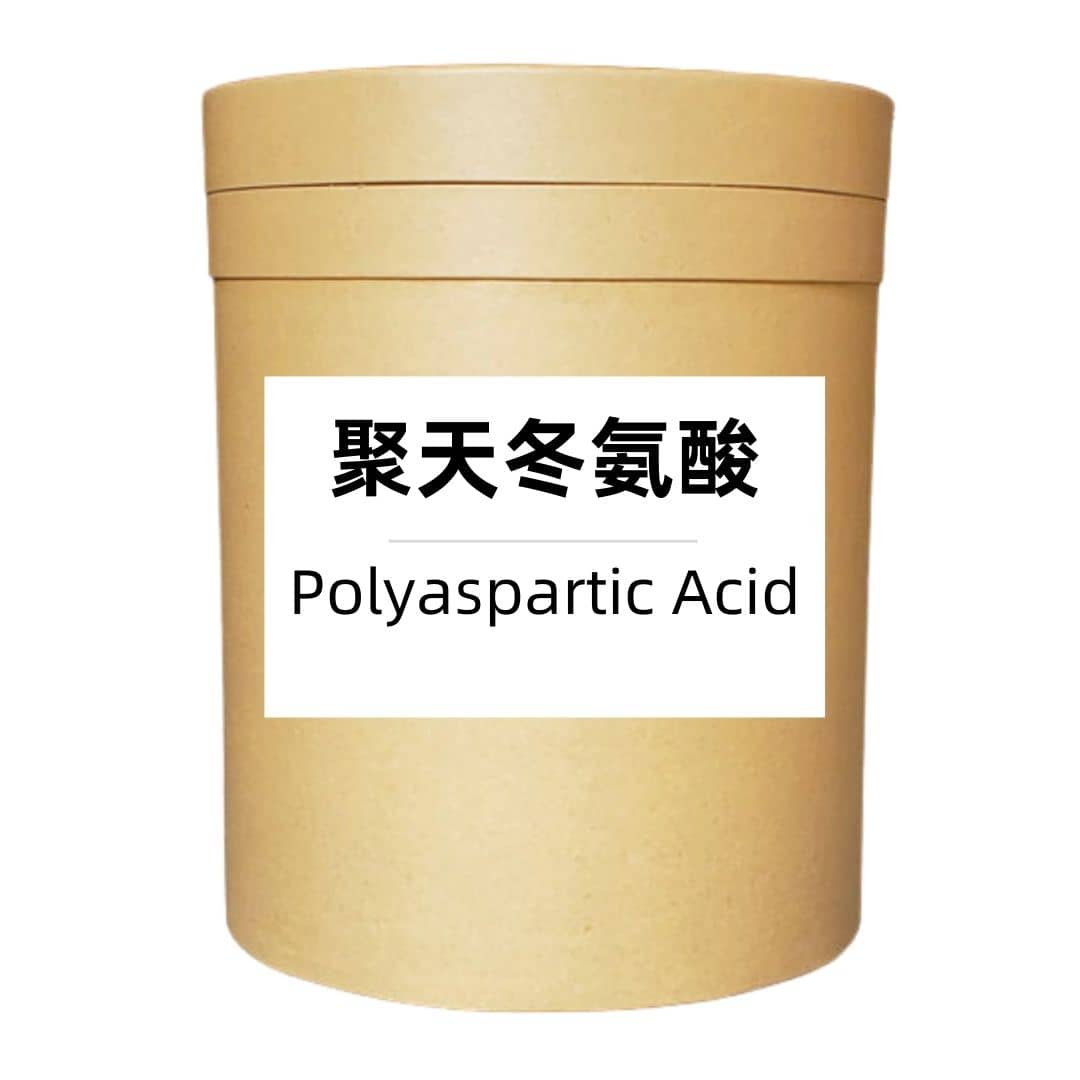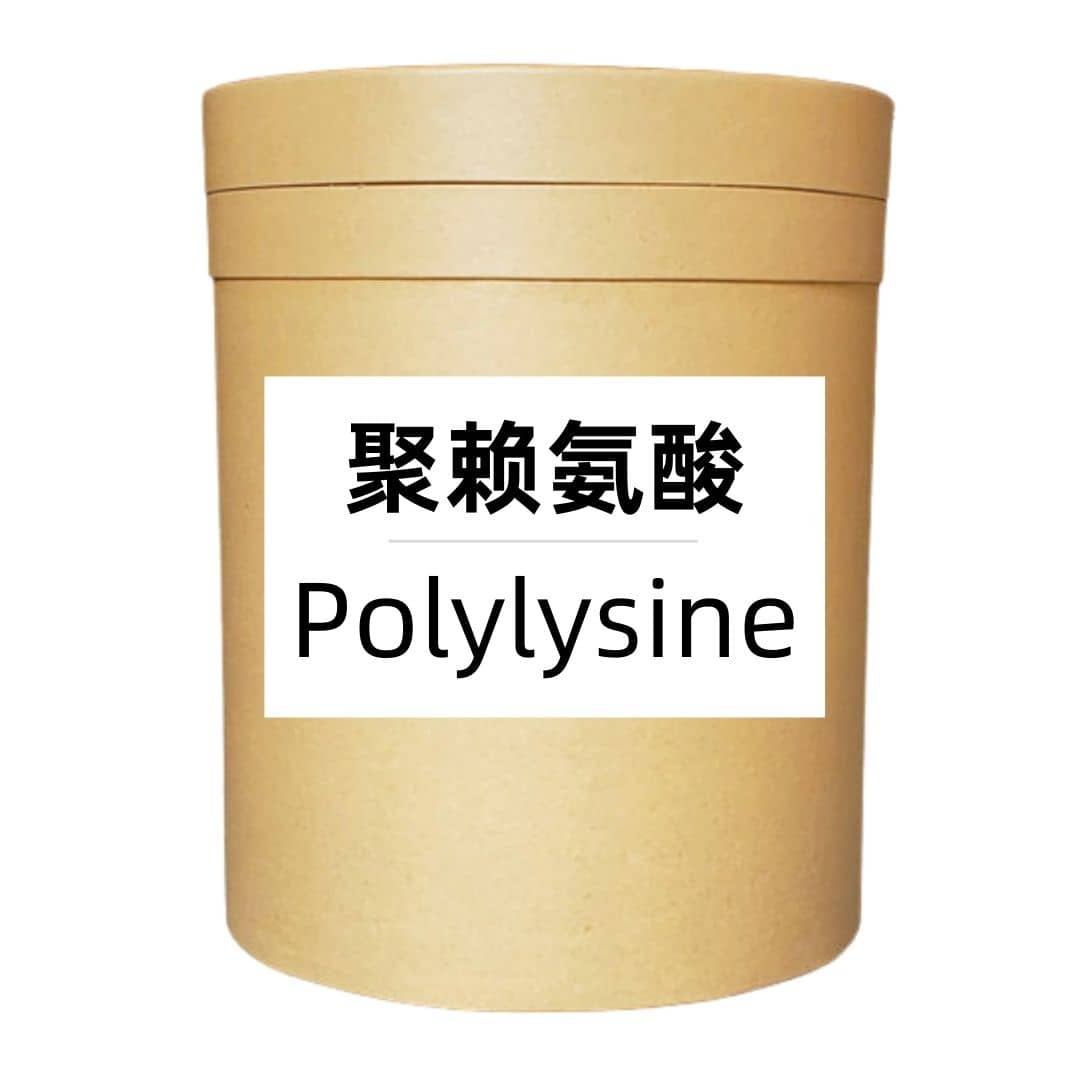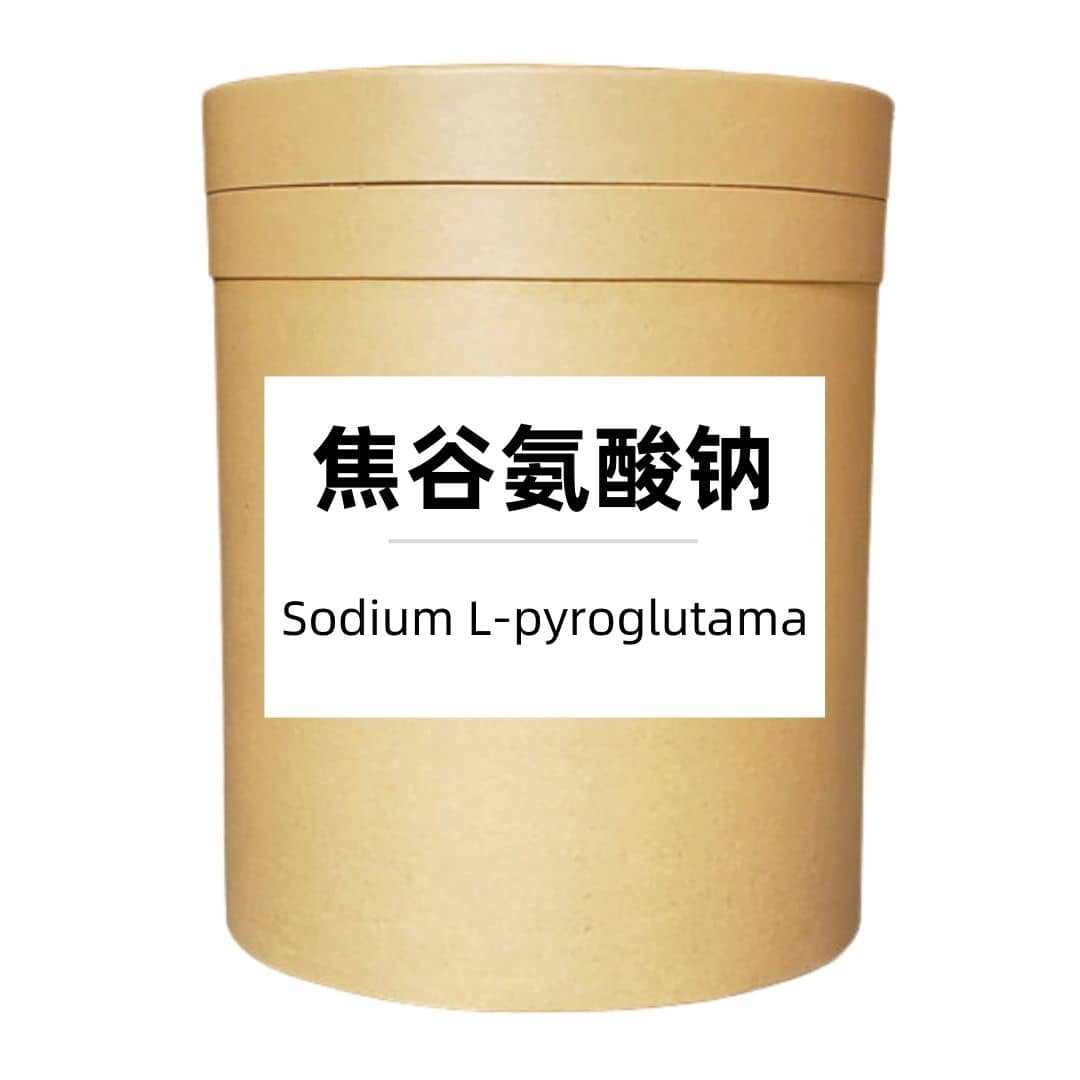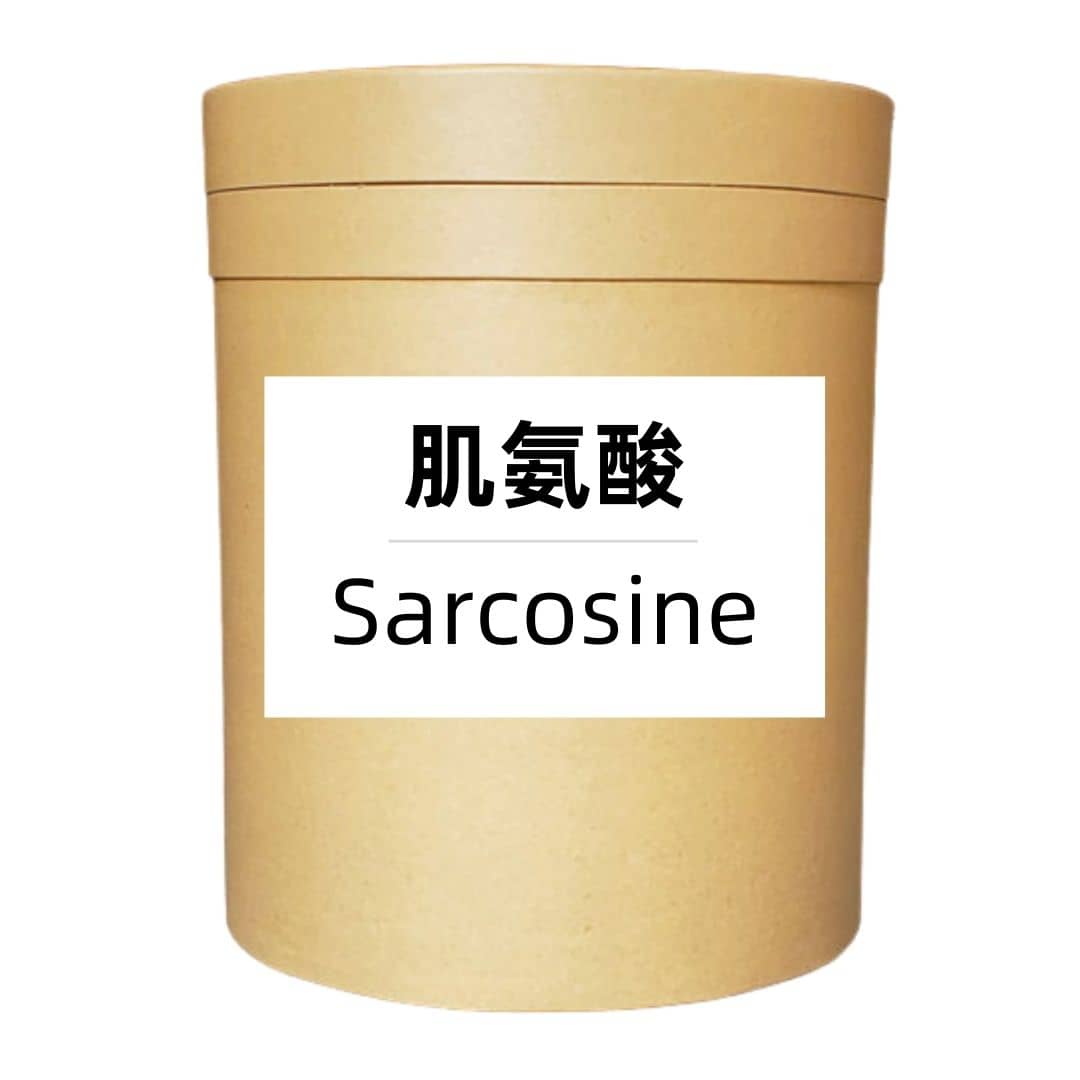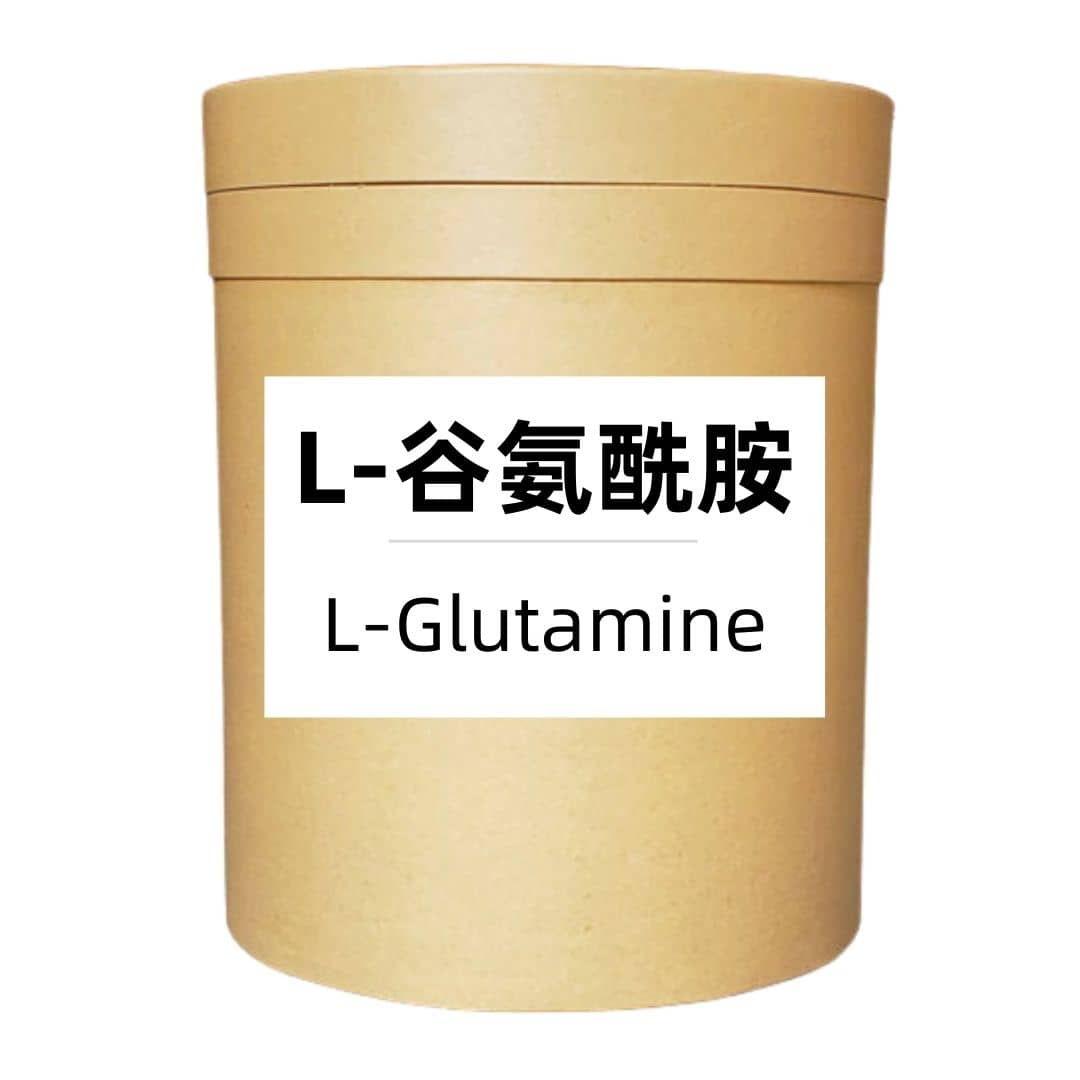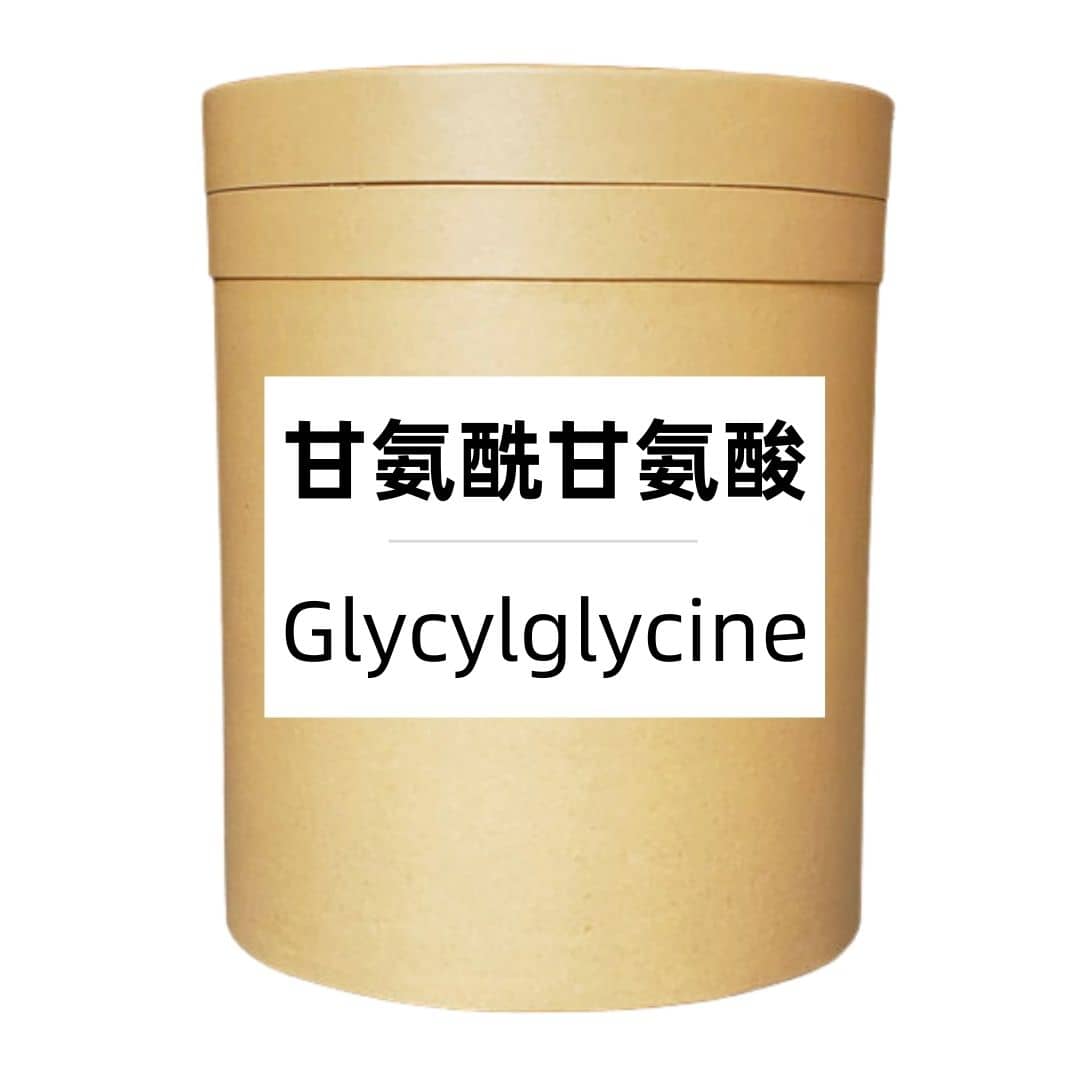Product Introduction
L-Asparagine is a non-essential amino acid that plays a significant role in protein synthesis and metabolism. It is naturally occurring in many foods, including dairy products, asparagus, and legumes. This amino acid is crucial for various metabolic processes, including the formation of other amino acids and the synthesis of neurotransmitters. L-Asparagine also serves as a building block for the production of proteins that are vital for cell function and growth. This product is often used in dietary supplements and formulations aimed at supporting muscle development and overall health.
Production Process
L-Asparagine is typically produced through fermentation processes that utilize specific strains of bacteria to convert raw materials into amino acids. The initial steps involve the preparation of raw materials, followed by controlled fermentation under specific conditions to optimize product yield. After fermentation is complete, the mixture undergoes purification through filtration and crystallization. This ensures that the final product meets the purity and quality standards necessary for food and pharmaceutical applications.
Effects and Functions
L-Asparagine contributes to the biosynthesis of proteins and plays a role in the metabolism of nitrogen in living organisms. It supports the functioning of the nervous system, and it is involved in the production of neurotransmitters, which are essential for communication between nerve cells. L-Asparagine also aids in the detoxification of ammonia in the body, which is important for maintaining homeostasis. Additionally, it is believed to have potential benefits for athletic performance by promoting muscle recovery and reducing fatigue.
Application Scenarios
L-Asparagine is widely used in the food and beverage industry, particularly in formulations aimed at enhancing nutritional content. It can be found in protein supplements, energy drinks, and meal replacement products. In pharmaceuticals, L-Asparagine is utilized for its role in producing amino acid injections and nutritional formulations for patients with specific metabolic needs. The cosmetic industry may also incorporate L-Asparagine in products due to its moisturizing properties, enhancing skin hydration and elasticity.
Packaging and Storage
Storage Conditions: The product should be sealed, protected from light, kept away from high temperatures, and stored in a dry, cool, and well-ventilated place.
Packaging: Bulk: 25 kg per fiber drum. Sample: 1 kg per aluminum foil bag. Custom packaging is available upon request.
Shipping Methods: FedEx, DHL, dedicated logistics, and sea freight consolidation.
Shelf Life: Two years.
Monica Sun possesses extensive technical expertise and market insights in the food additives industry. She excels in designing efficient and safe additive formulations tailored to various food applications, ranging from sweeteners to functional dietary fibers. Monica has successfully assisted food manufacturers in optimizing ingredient combinations to enhance product quality and improve consumer satisfaction.









